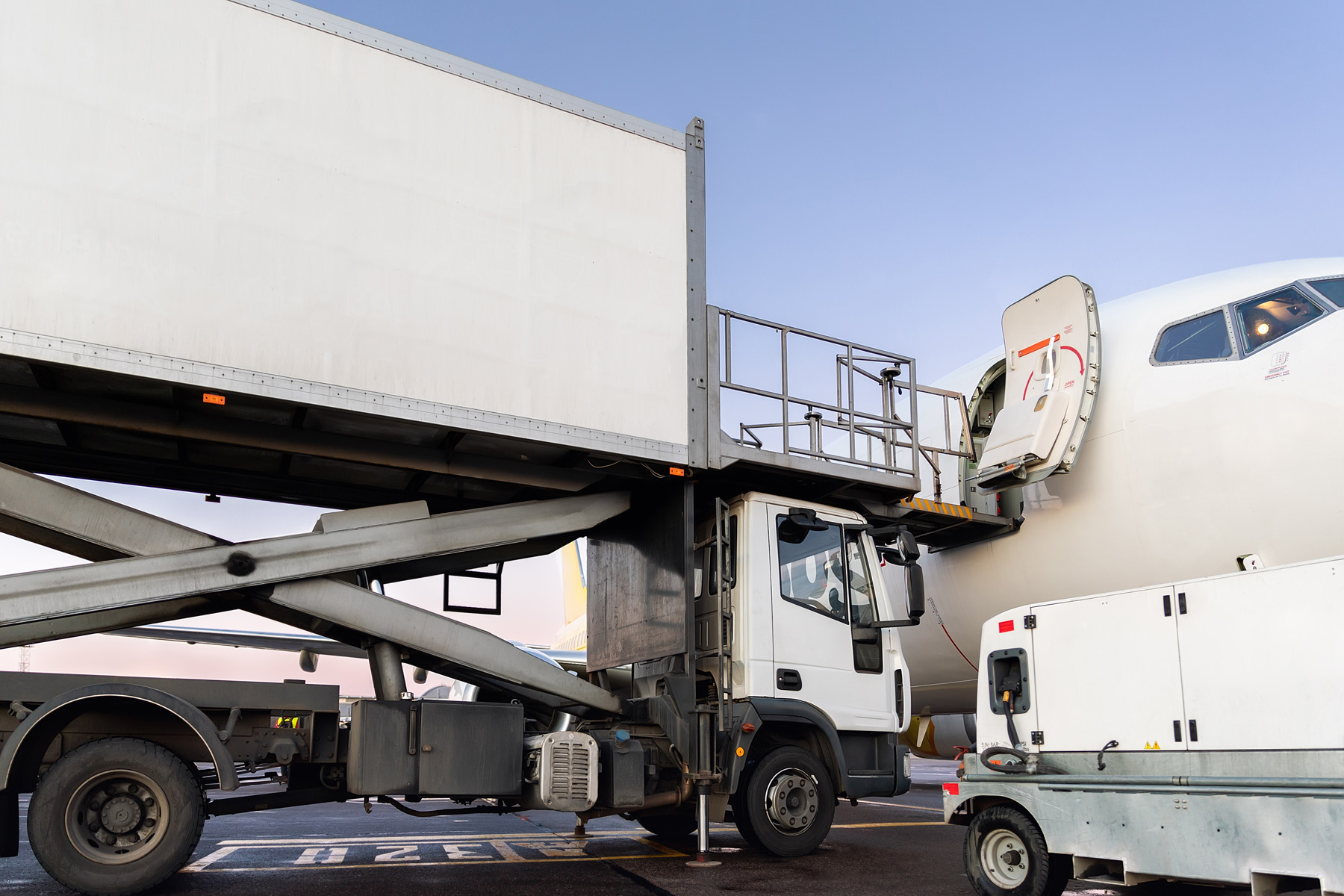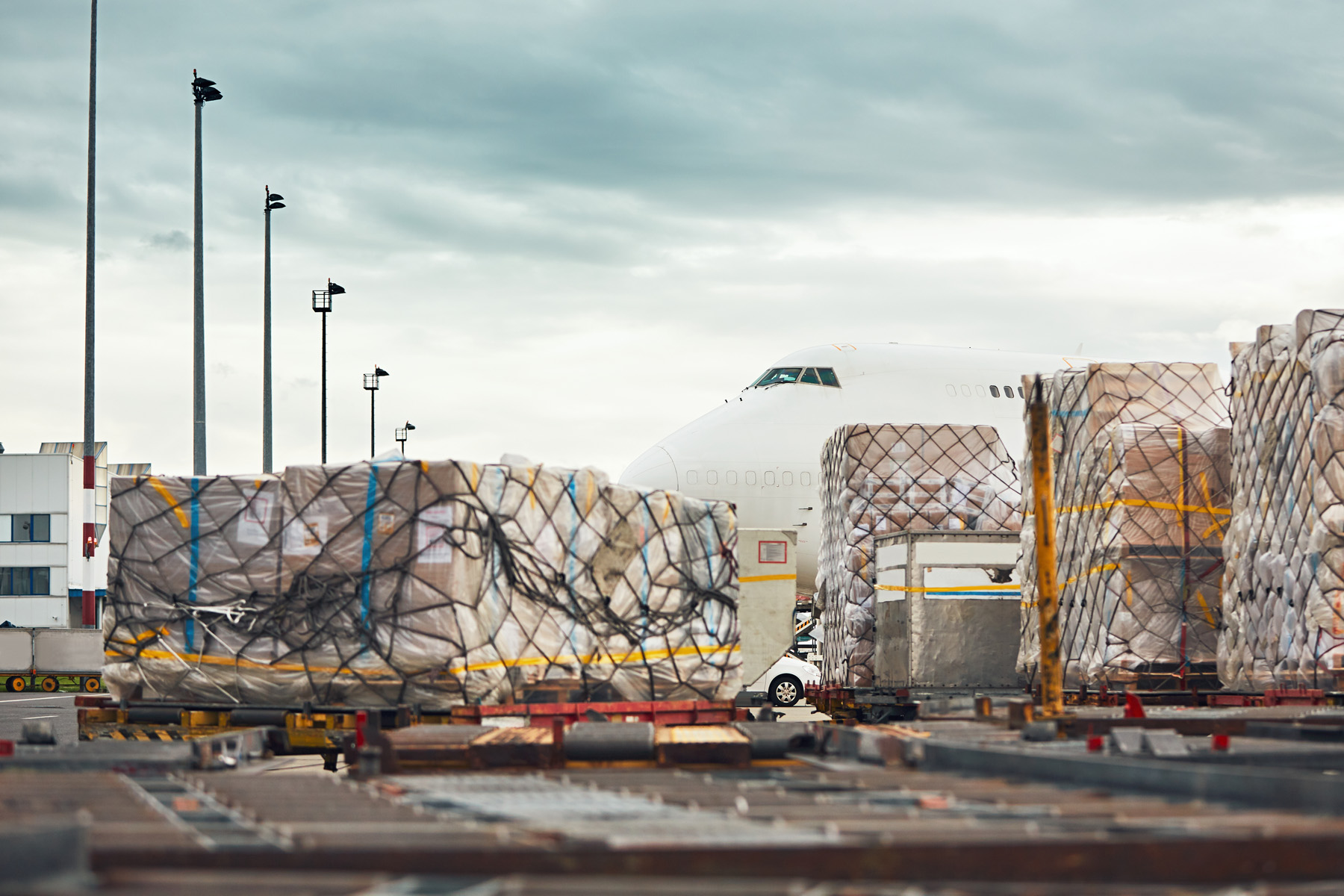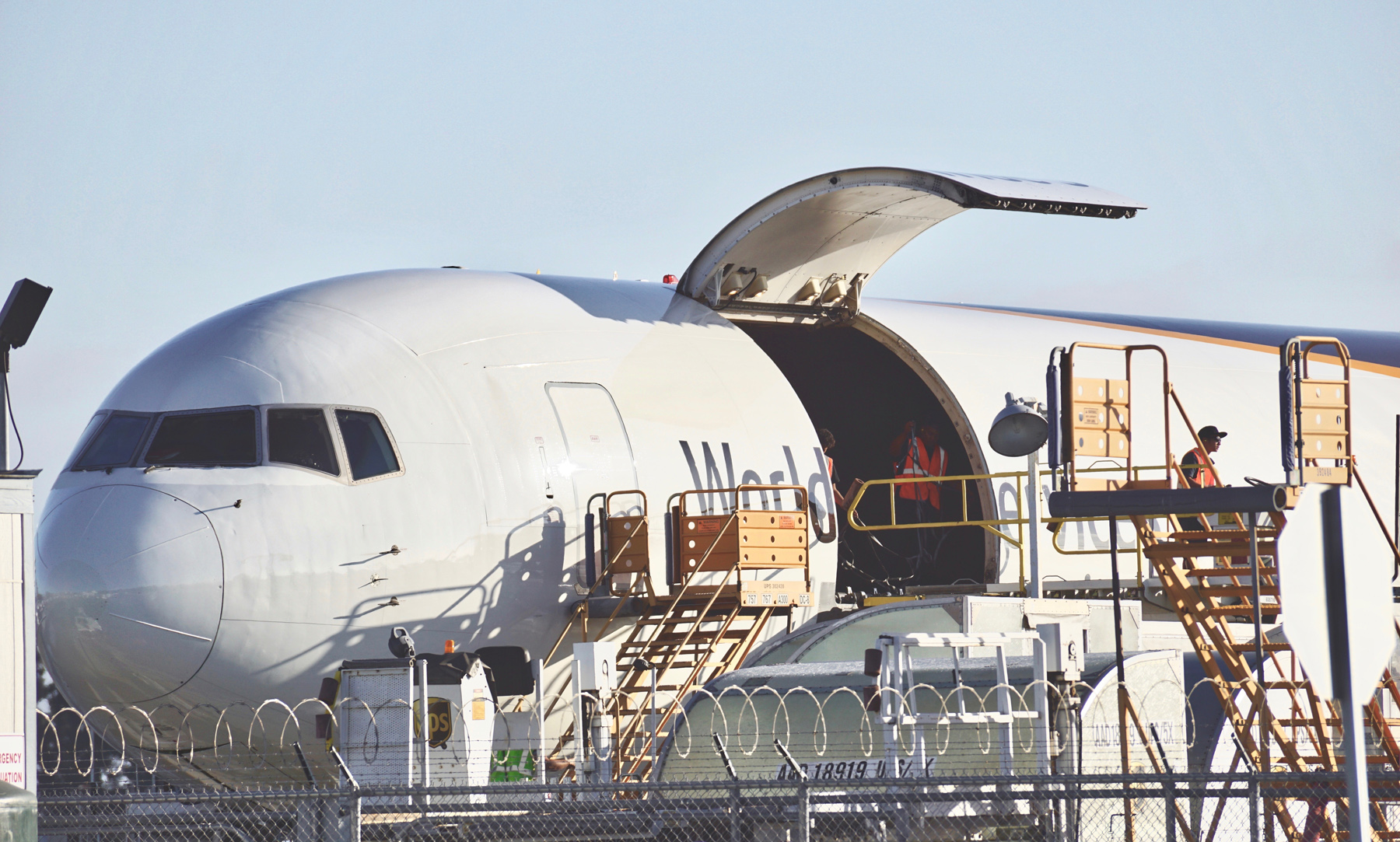
Supporting Humanitarian Efforts: How Air Charters deliver did to those in need
In times of crisis, whether caused by natural disasters, conflicts, or health emergencies, the rapid delivery of humanitarian aid is critical to saving lives. Air cargo charters play a vital role in ensuring that essential supplies reach affected areas quickly and efficiently. Unlike scheduled airline services, charters offer speed, flexibility, and access to remote or heavily impacted regions. This article explores the indispensable role of air charters in humanitarian relief efforts and how they help overcome logistical challenges to provide timely aid.
The Role of Air Cargo Charters in Humanitarian Relief
When disasters strike, emergency response teams must act with urgency to provide life-saving assistance. Air cargo charters are often the first and most effective means of delivering aid, particularly when ground and sea routes are inaccessible. Humanitarian organizations, governments, and NGOs depend on air charters to swiftly transport medical supplies, food, clean water, and shelter materials to affected regions, ensuring immediate relief and minimizing suffering. The speed and flexibility of air cargo charters enable responders to reach remote and devastated areas without delay. In the aftermath of a disaster, every minute counts; therefore, chartered flights can be quickly mobilized, bypassing congested logistics on the ground. These services can deliver critical supplies directly to the heart of affected communities, allowing humanitarian efforts to commence almost immediately.
Furthermore, air cargo charters can facilitate the deployment of specialized teams, including medical personnel, search and rescue units, and disaster assessment experts. This capability enhances the overall response strategy, as experts on the ground can assess immediate needs and coordinate further assistance. The capacity for rapid transport also allows for the provision of equipment that may be essential in setting up temporary medical facilities or shelters, ensuring that the infrastructure for ongoing support can be established swiftly.
As natural disasters increase in frequency and intensity due to climate change, the role of air cargo charters will only become more pivotal. Innovations in air transport technology, such as drones and cargo planes designed for rapid deployment, promise to enhance the efficiency of this response mechanism even further. Investing in these capabilities now can lead to better preparedness and recovery for communities affected by unforeseen events.
Ultimately, the effectiveness of air cargo charters in disaster relief underscores the need for ongoing support and investment in air logistics infrastructure. By ensuring that these systems are robust and ready for action, we can provide a lifeline of support to those in dire need, reinforcing the humanitarian principle that no one should suffer due to the inaccessible nature of aid. One of the key advantages of air charters in relief operations is their ability to respond with unparalleled speed and flexibility. Unlike commercial cargo services that operate on fixed schedules, charters can be mobilized within hours, ensuring that critical supplies reach affected populations without delay. In the aftermath of hurricanes, earthquakes, or floods, where infrastructure may be damaged or entirely destroyed, air cargo charters provide a crucial lifeline, delivering aid directly to stranded communities that might otherwise be inaccessible.
Challenges of Transporting Humanitarian Supplies
Despite their efficiency, transporting humanitarian aid via air charters presents several logistical challenges. One of the most significant obstacles is reaching remote locations with limited or damaged airport infrastructure. Many disaster-affected areas have small or non-existent runways, requiring specialized aircraft capable of landing in difficult conditions.
Another challenge is the urgency of delivery. Humanitarian missions often operate under intense time constraints, requiring rapid coordination among aid agencies, governments, and logistics providers. Securing the necessary flight permits, ensuring compliance with international regulations, and managing customs clearance procedures can add to the complexity of operations.
Moreover, humanitarian cargo frequently includes perishable or sensitive goods, such as vaccines that require temperature-controlled transportation. Handling such supplies demands expertise and specialized equipment to prevent spoilage or contamination. Ensuring that these critical resources reach their destination intact requires meticulous planning and execution.
Why Air Charters Are Essential for Humanitarian Missions
Given these challenges, air cargo charters remain the most effective solution for delivering humanitarian aid. Their primary benefits include: the ability to reach remote and hard-to-access areas quickly, thus ensuring that aid reaches those in need without unnecessary delays. Air cargo charters can transport large volumes of supplies, including food, medical equipment, and shelter materials, in a single flight, optimizing the logistical process.
Moreover, air transportation is particularly crucial in regions affected by natural disasters or conflict, where roads may be damaged or unsafe for ground transportation. By utilizing air cargo, organizations can bypass such obstacles and directly deliver aid to affected populations.
Flexibility is another significant advantage; air cargo charters can be tailored to specific missions, allowing for last-minute changes in routes or cargo types as situations evolve on the ground. This adaptability makes them an indispensable resource in the fast-paced landscape of humanitarian response.
Additionally, the speed of air freight ensures that time-sensitive medical supplies can be dispatched immediately, which can be a matter of life and death. Humanitarian agencies can thus better coordinate efforts and rely on charters for rapid response, enhancing their overall effectiveness in crises.
In conclusion, the strategic use of air cargo charters provides a lifeline in delivering critical assistance during emergencies, enabling humanitarian organizations to fulfil their mission of aiding vulnerable populations swiftly and efficiently.
- Speed: Time is of the essence in disaster response. Air charters provide the fastest means of transporting aid to affected regions, ensuring immediate relief efforts.
- Flexibility: Unlike scheduled airlines, charters can operate at any time and adjust their routes based on evolving crisis conditions. This adaptability allows them to reach inaccessible locations that commercial flights cannot serve.
- Access to Remote Areas: Many disaster-stricken areas lack the necessary infrastructure for traditional cargo transport. Charters can utilize smaller airstrips or even conduct airdrops to deliver supplies directly to communities in need.
- Customized Solutions: Humanitarian missions require tailored logistics solutions, from specialized aircraft to unique cargo handling requirements. Air charter providers offer expertise in accommodating these needs, ensuring efficient and secure transport.
Air charters have played a crucial role in recent humanitarian efforts, including COVID-19 vaccine distribution, disaster relief in war-torn regions, and emergency food deliveries to famine-affected populations. Their ability to operate under extreme conditions makes them an indispensable asset in global relief operations.
Conclusion
Air cargo charters are the cornerstone of humanitarian aid delivery, offering unparalleled speed, flexibility, and reliability in times of crisis. As disasters become more frequent and complex, the need for efficient and responsive logistics solutions will continue to grow. K Jet Logistics is committed to supporting humanitarian missions worldwide, providing expertise and resources to ensure that aid reaches those who need it most. By leveraging our experience in air freight charters, we stand ready to assist humanitarian organizations in their life-saving work, ensuring that no community is left behind in their time of need. In addition to our logistical capabilities, K Jet Logistics recognizes the importance of collaboration with various stakeholders, including governmental agencies, non-governmental organizations, and local communities. By fostering strong partnerships, we can enhance the effectiveness of our operations and ensure that aid is not only delivered swiftly but also tailored to the specific needs of each affected region. Our team of dedicated professionals is trained to navigate the complexities of international regulations and customs procedures, allowing for seamless transportation of essential supplies, medical equipment, and personnel.
As we look to the future, K Jet Logistics is committed to continuous improvement and innovation in our services. We are actively exploring sustainable practices to minimize our environmental impact while maintaining our high standards of efficiency and reliability. Our goal is to not only respond to immediate crises but also contribute to long-term recovery and resilience in communities around the globe.
In these challenging times, we stand firm in our mission to support humanitarian initiatives, ensuring that our air cargo charters remain a vital link in the chain of aid delivery. Together with our partners, we strive to make a difference, delivering hope and assistance to those who need it most, and reinforcing our belief that through collaboration and dedication, we can build a better tomorrow for all.




